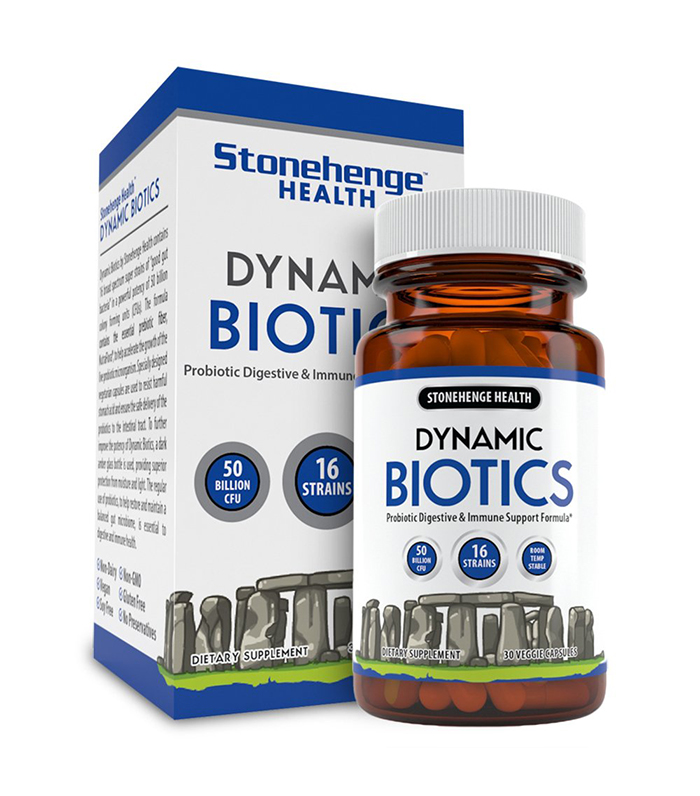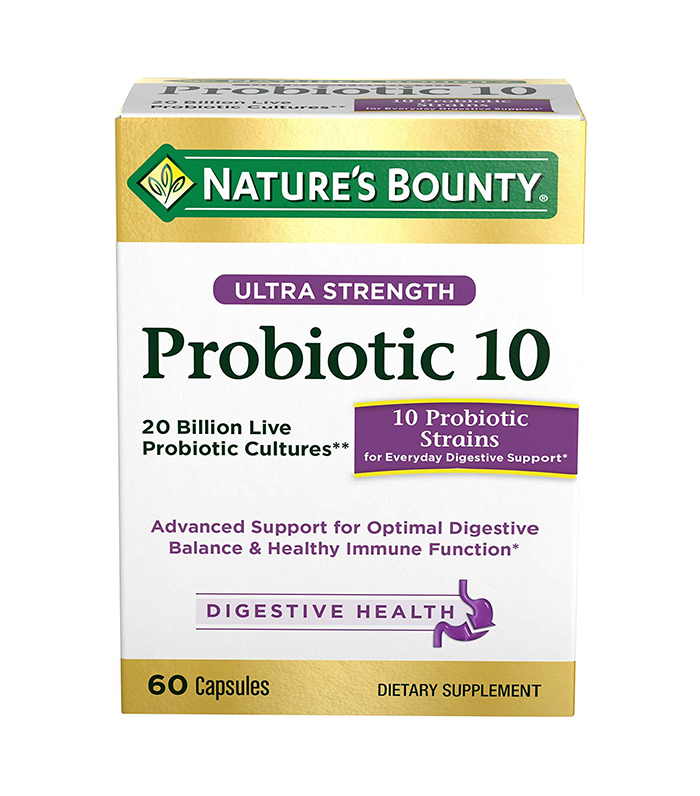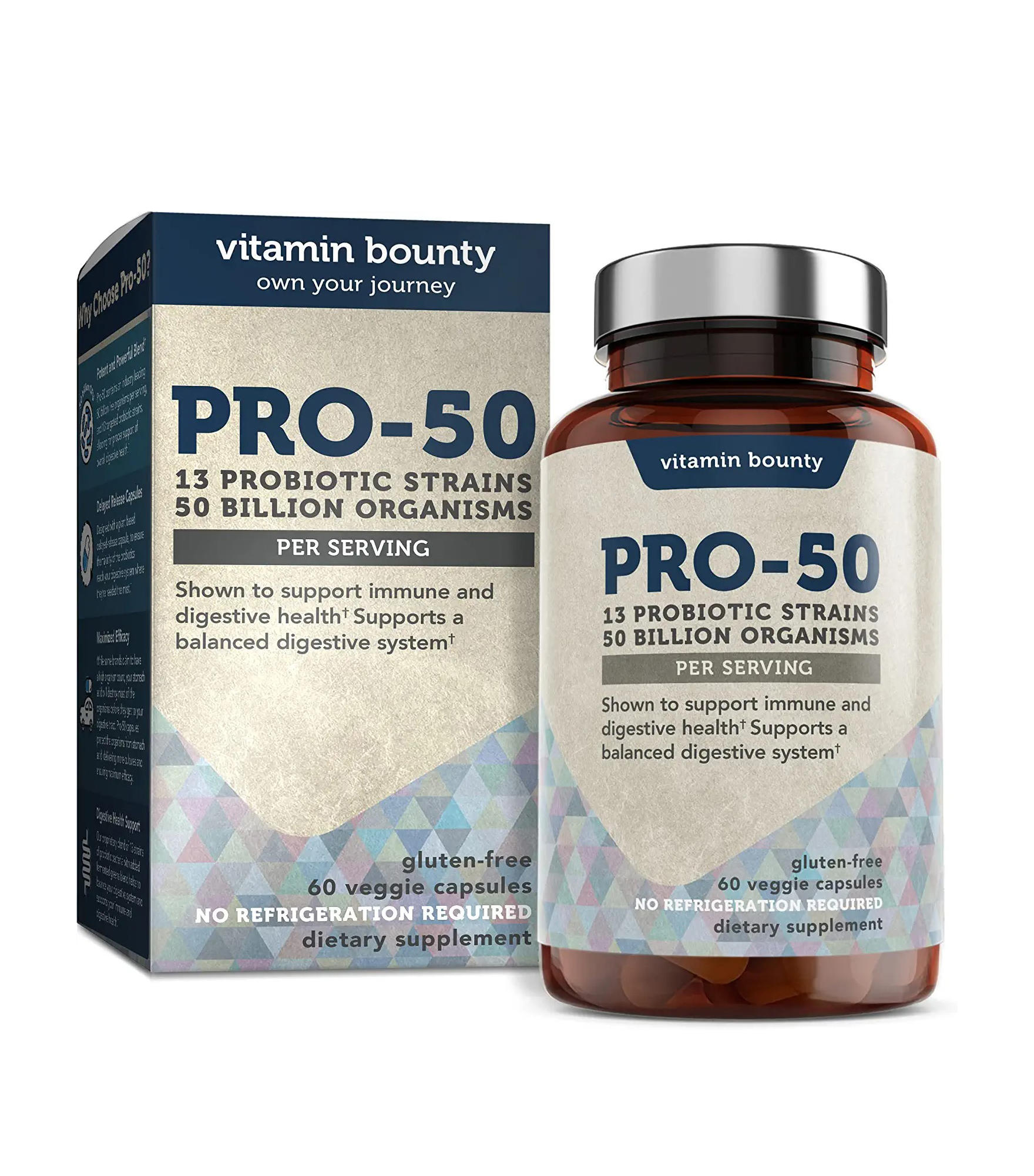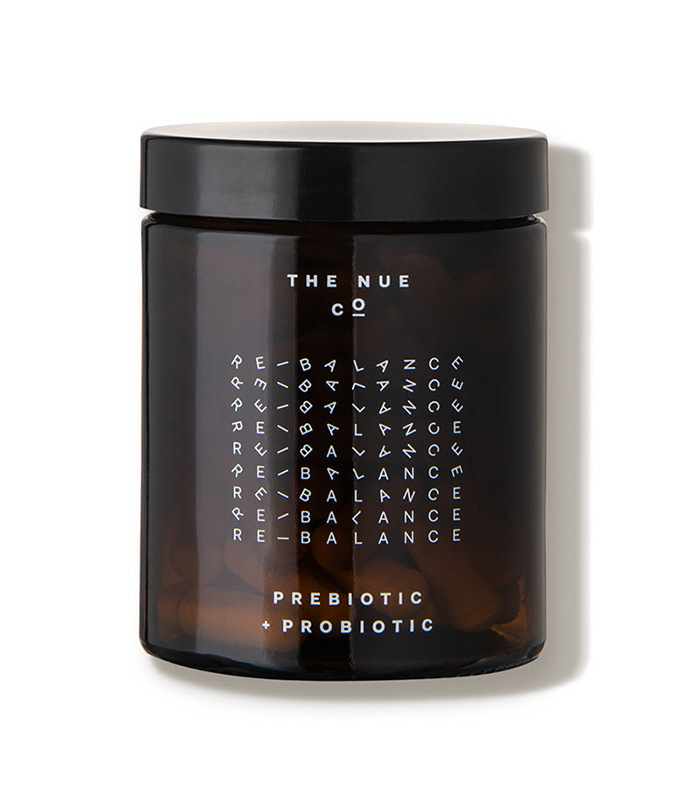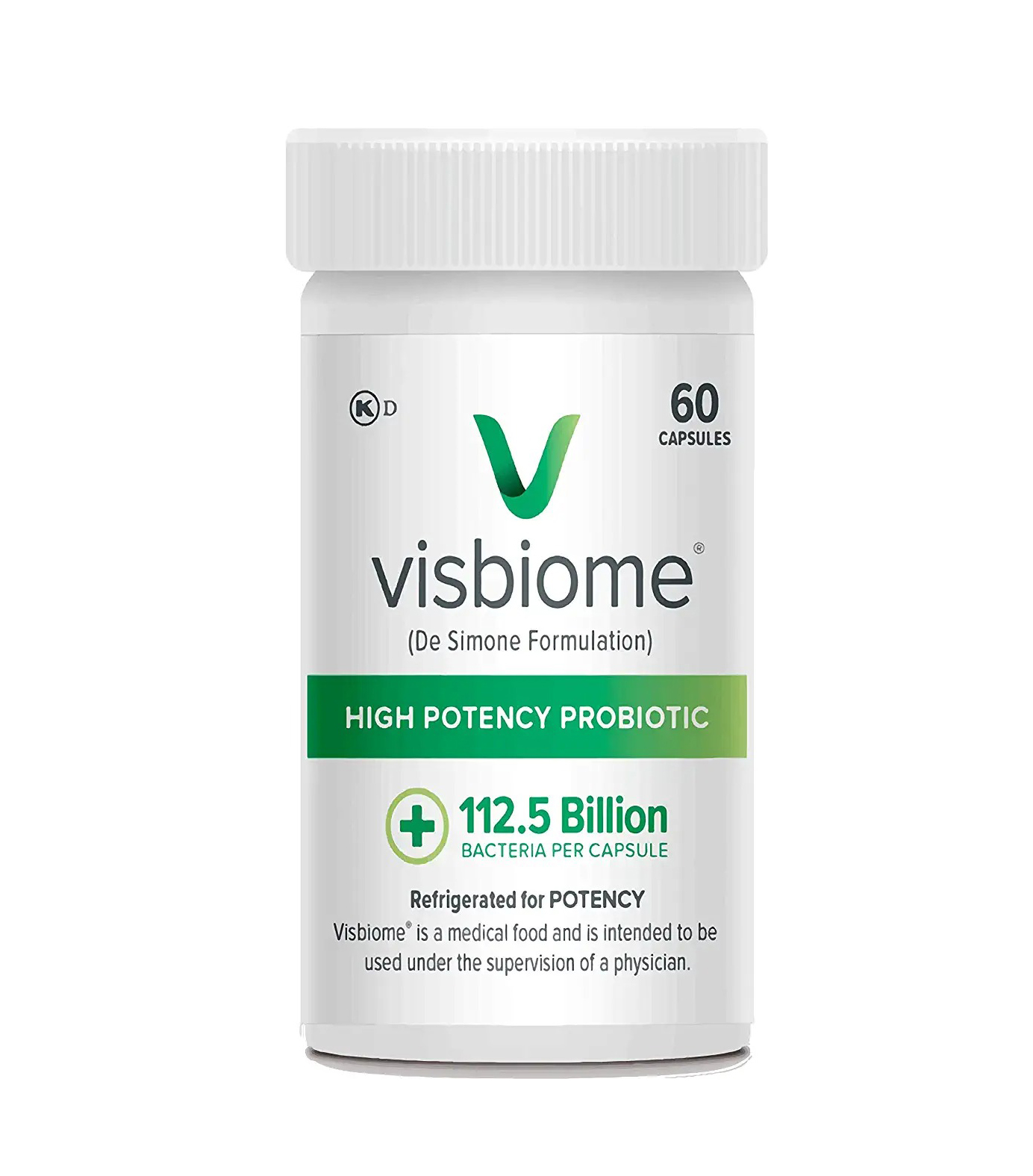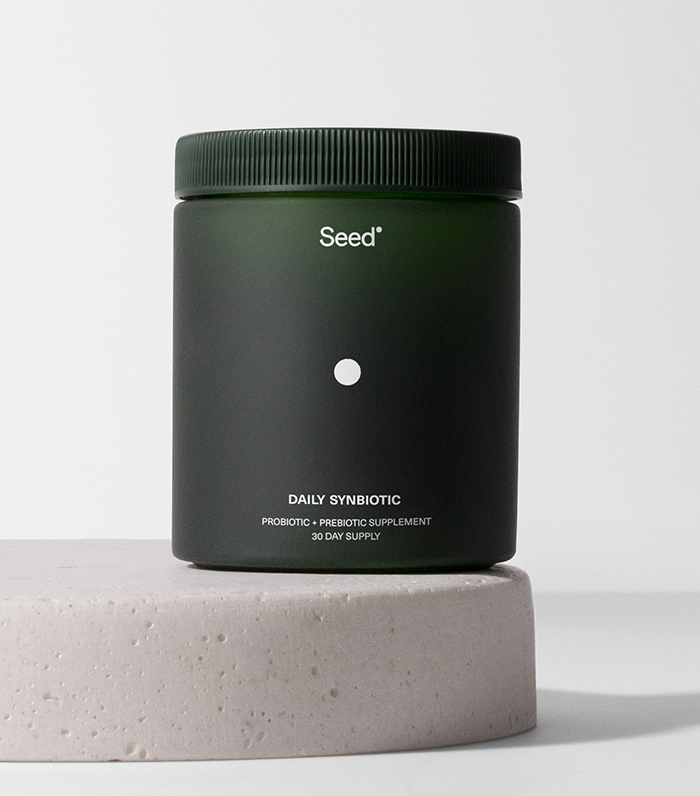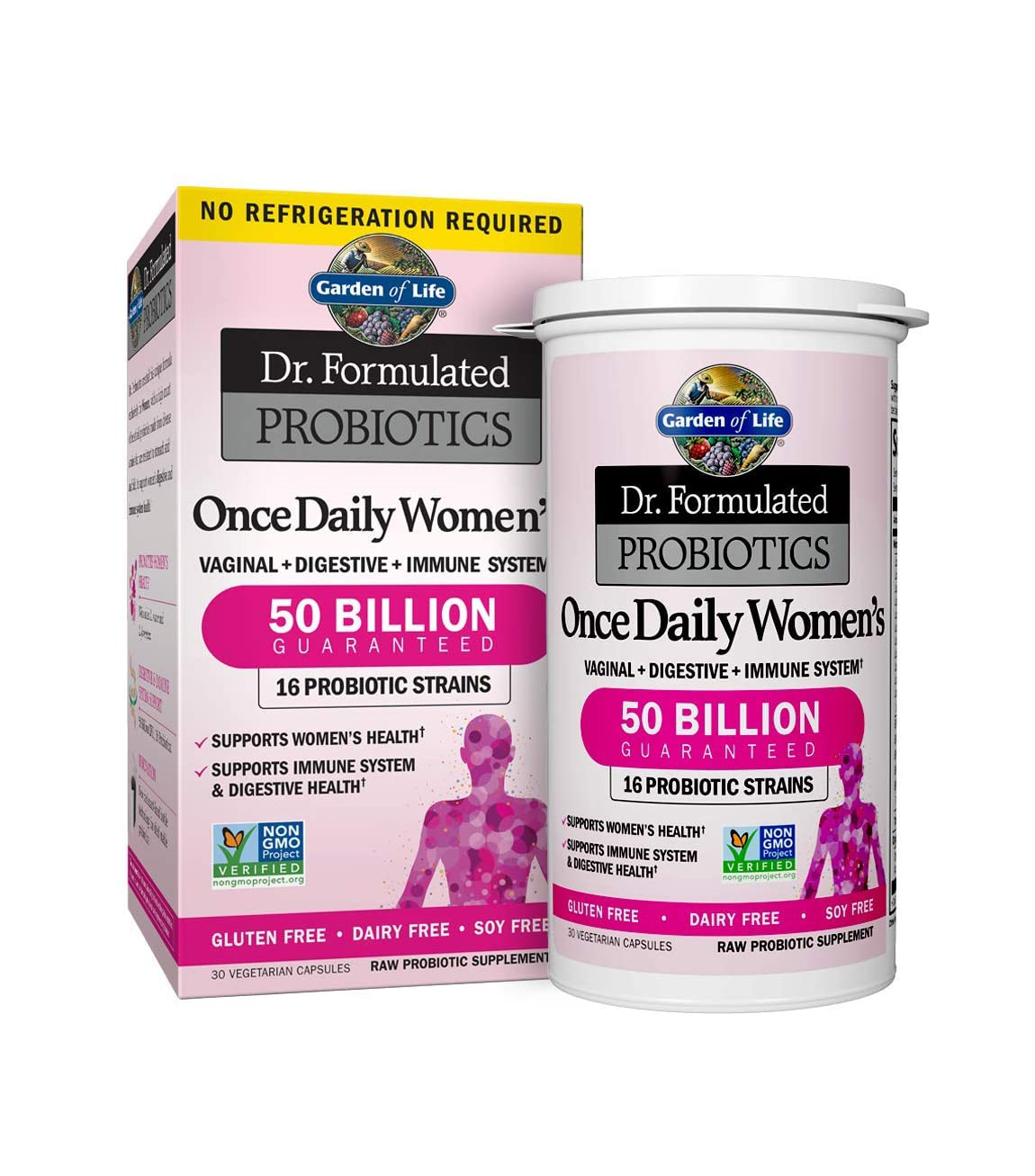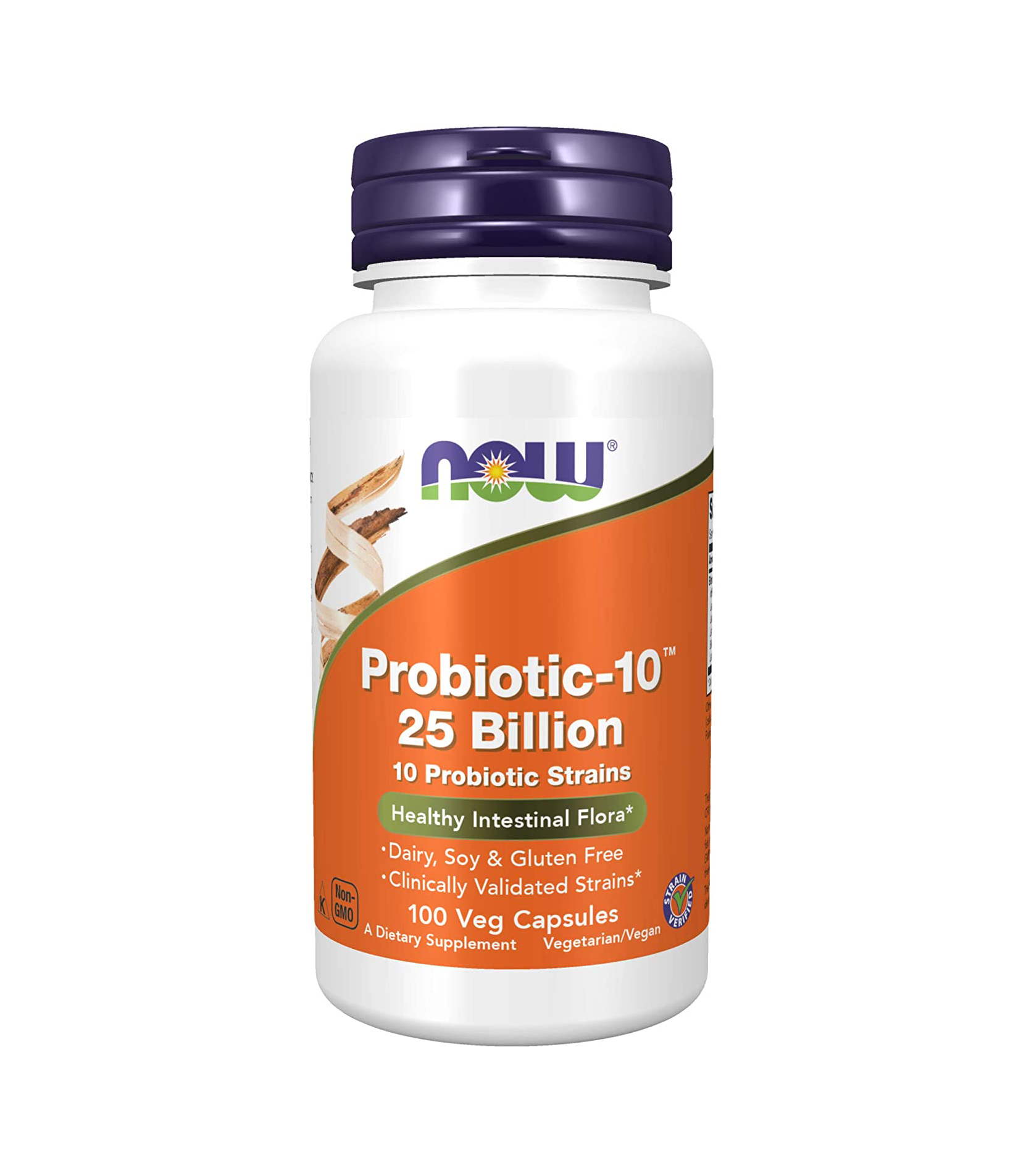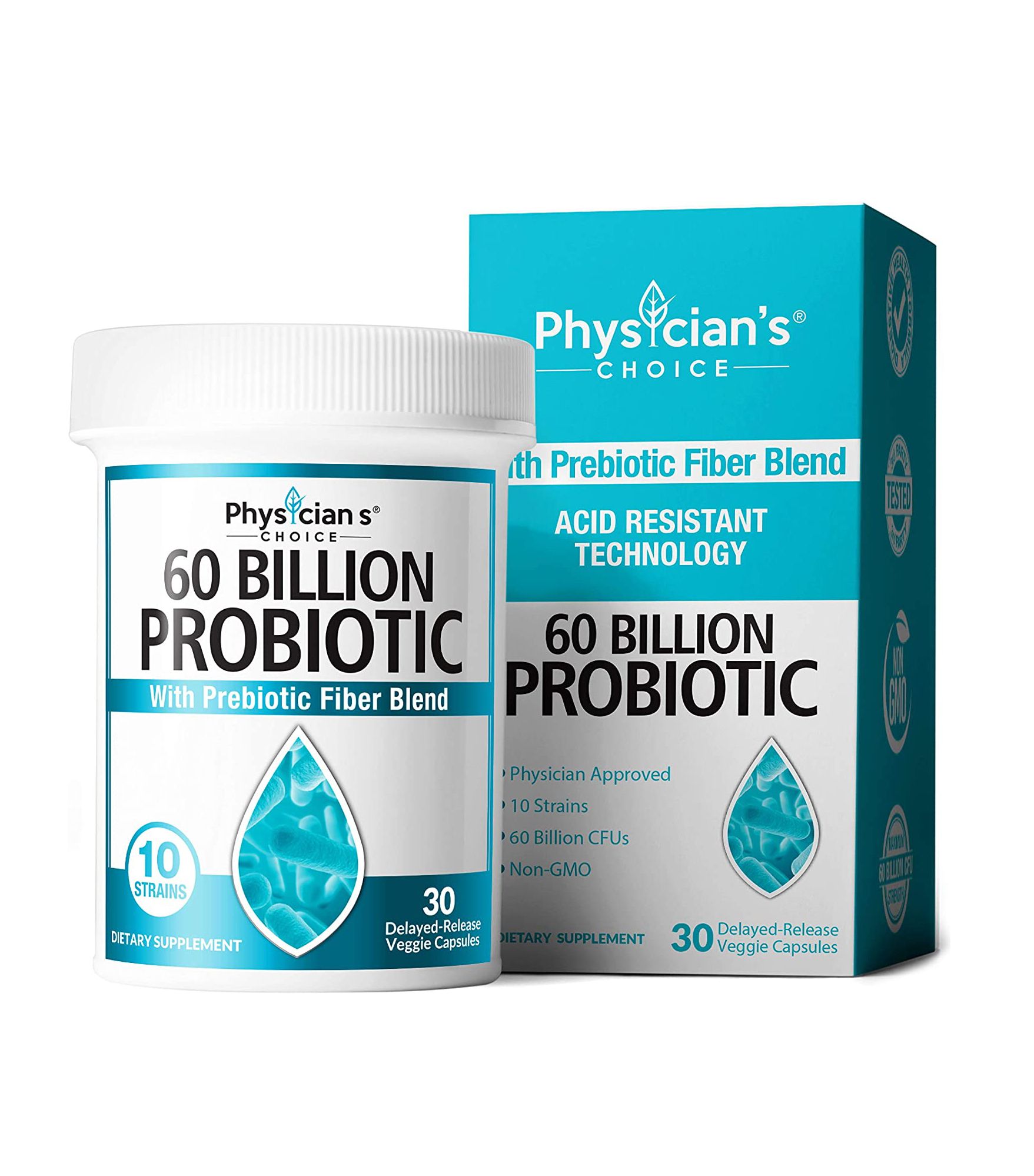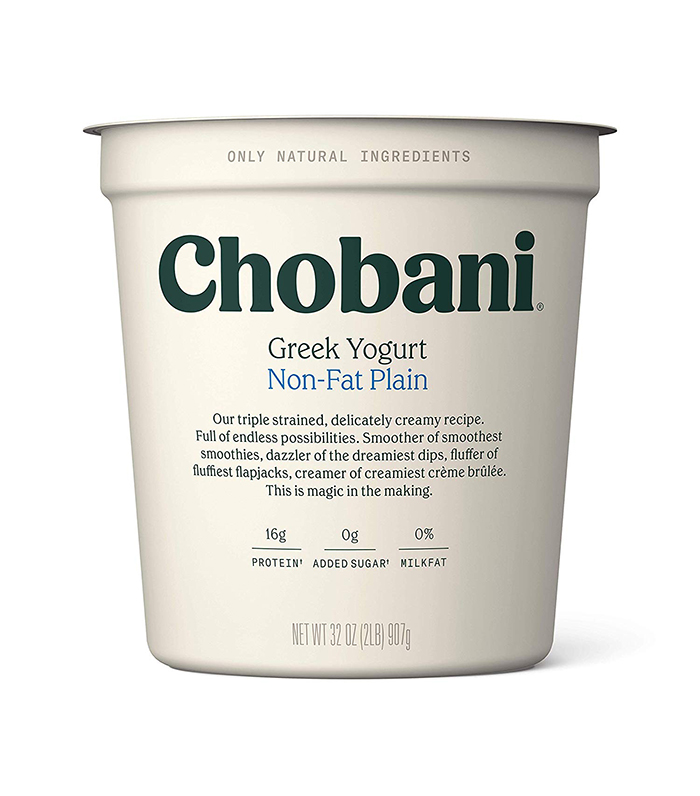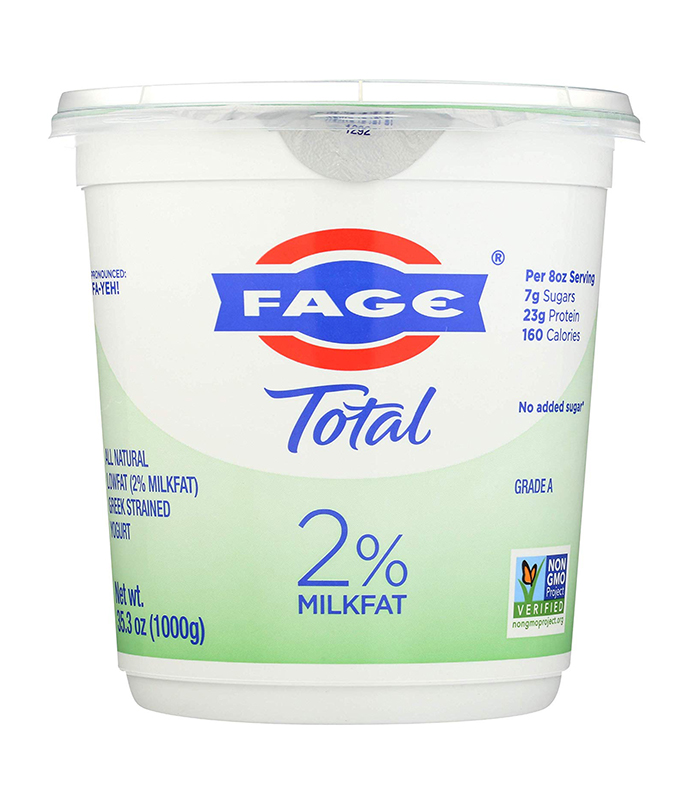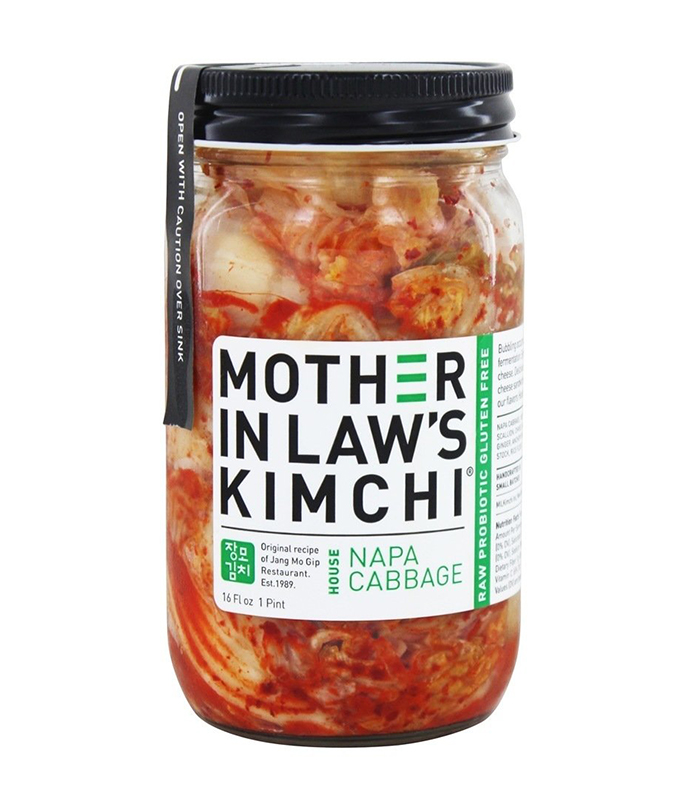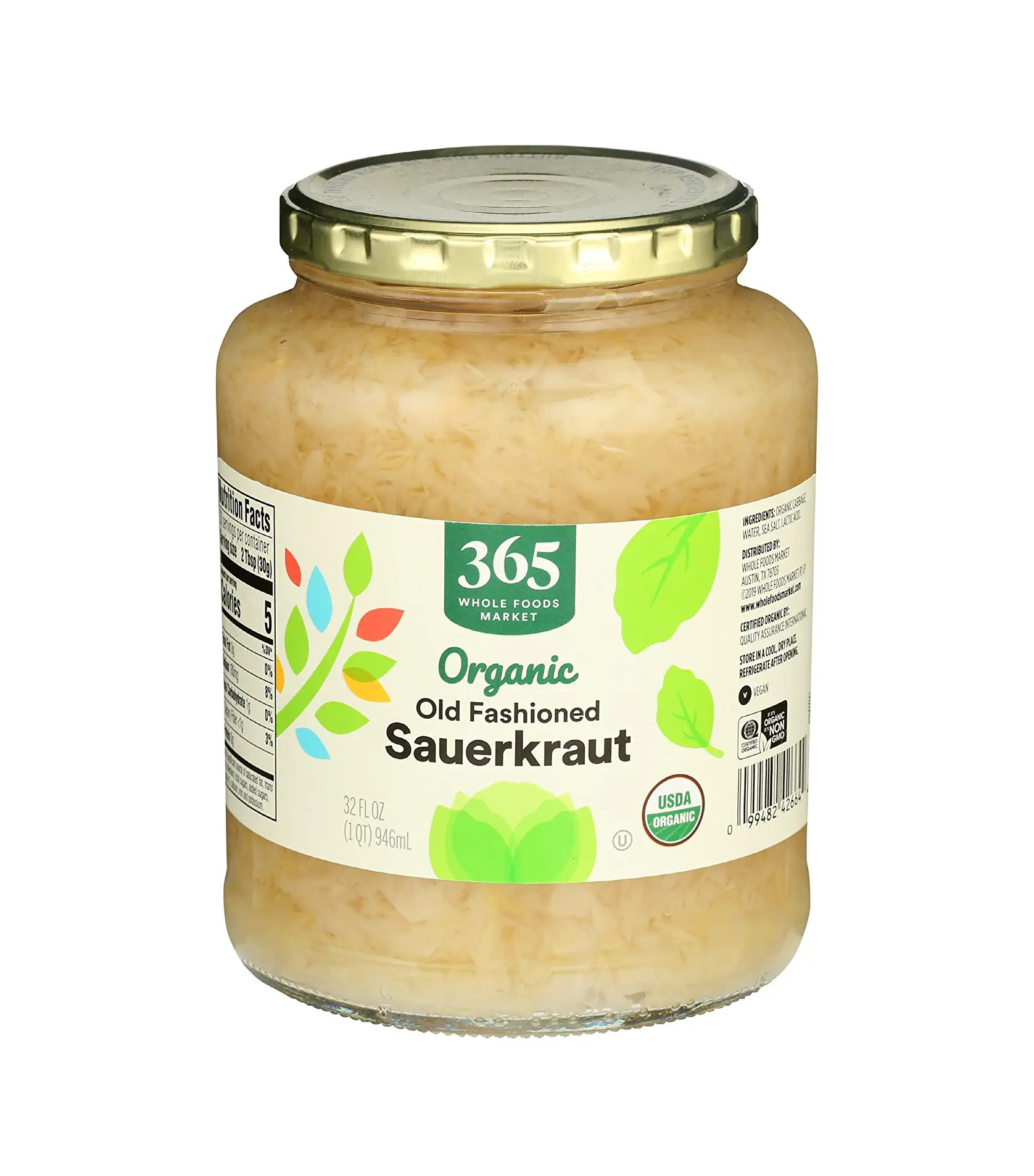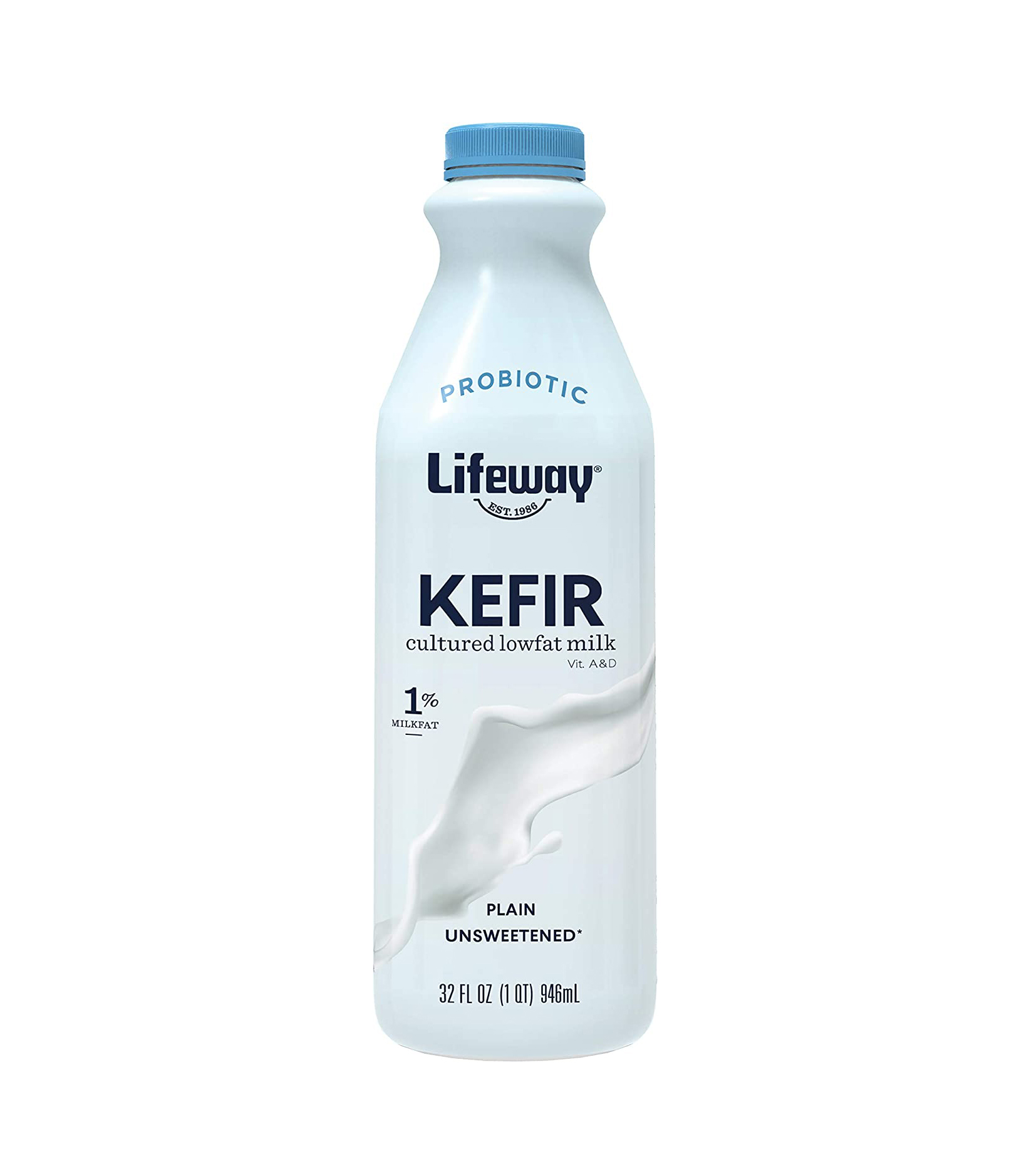What Women Over 50 Need to Know Before Taking Probiotics

Probiotics are having a moment. In recent years, probiotics have become the third most popular dietary supplement. According to a study by the National Center for Complementary and Integrative Health division of the National Institutes of Health, the use of probiotics quadrupled between 2007 and 2012. For women over 50, a probiotic regimen can be a game changer. If you're thinking of jumping on the bandwagon, there are a few things to consider. First, though, you should be sure to check with your doctor before adding them to your daily routine.
According to Harvard University, there are several benefits to taking probiotics. But before you click "add to cart," it's important to understand what probiotics do. Any discussion of probiotics comes down to one word: microbiome. These are the trillions of bacteria, viruses, and fungi that live inside our body and, in particular, the intestines. The gut microbiome regulates digestion and contributes to a healthy immune system.
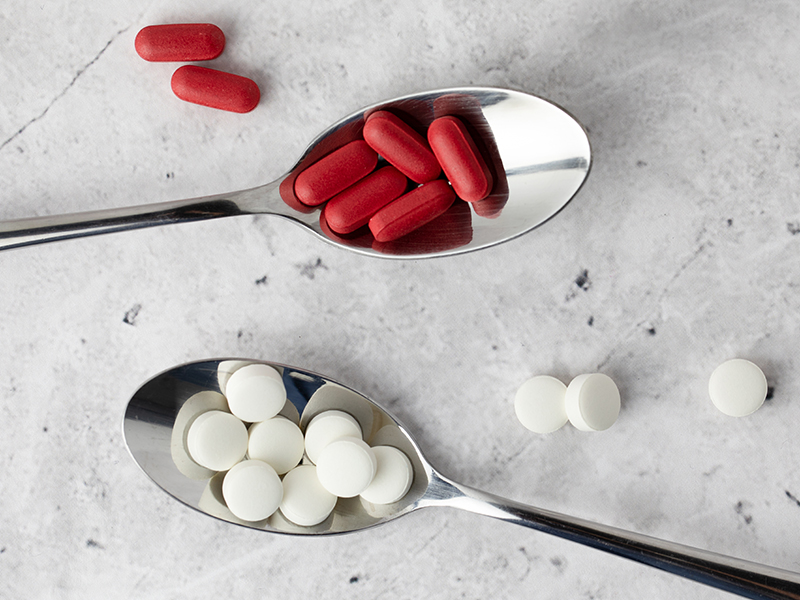
Sarit Aschkenazi, MD, who serves as medical co-director of women's urogynecology at Wisconsin's ProHealth Hospital system, recognizes the importance of maintaining a healthy gut microbiome, especially for women over 50. "The average age when women start experiencing menopause is 52," she says. "In menopause, you're not producing a lot of estrogen, and that affects the different systems, including the microbiome. If we have a healthy gut, then we have healthy bacteria that live in our gut, and they help us with all our functions. They'll help us digest and internalize the right ingredients and nutrients. If we don't have a healthy gut, we're going to have a lot of inflammation, an irritable bowel, diarrhea, and constipation."
Conditions Probiotics Might Help With
In her practice, Aschkenazi has seen probiotics offer dramatic improvement to patients with a variety of health issues. If you fall into any of these categories, a probiotic might be the way to go. When it comes to probiotics, it's tempting to "go with your gut," but "go with your doctor's advice" is a better approach. Aschkenazi explains, "The use of probiotics needs to be individualized, as there are only very few specific generalizable guidelines at our disposal."
Take a look below at some issues or conditions that probiotics might help with.

Colitis
If you've been diagnosed with colitis, you've probably experienced two major symptoms: abdominal pain and diarrhea. "Probiotics will re-create a healthy gut, and you can solve a lot of the problems that come with colitis," Aschkenazi explains. "We're waiting for more data, but from my own clinical experience probiotics have been beneficial."
Bladder Infections
According to Aschkenazi, there's also a microbiome in the bladder. "A healthy microbiome will enhance a woman's resistance against bladder infections," she says. "Estrogen is the number one protection against bladder infections. As estrogen production declines in menopause, bladder infections can become a problem."
This is where probiotics can help. "If we can increase the presence of lactobacilli, which is what estrogen does, we can help prevent bladder infections," she says. "Probiotics contain different combinations of lactobacilli, and I would recommend them for people who have recurring bladder infections."

Irritable Bowel Syndrome (IBS)
Defined by bouts of diarrhea, constipation, bloating, and abdominal pain, IBS affects 11% of the global population. There's a "female predominance in the prevalence of IBS," according to the National Institutes of Health. Aschkenazi has seen probiotics work wonders on IBS patients and says, "Probiotics will stabilize and normalize bowel function in patients that have IBS and experience bouts of diarrhea and constipation."
Aschkenazi advises IBS patients to follow their doctor's advice. "Probiotics can take a while to normalize, so if you don't see a difference right away, give it a few weeks," she explains. "Most people will benefit from a once or twice a day probiotic. Try it slowly, and do it with your physician monitoring."
Yeast Infections
Another joy of menopause is increased susceptibility to yeast infections. Like with bladder infections, loss of estrogen can lead to an inflammation of the vagina, commonly known as a yeast infection. According to Aschkenazi, probiotics can help prevent yeast infections like bacterial vaginosis in menopausal women. "A trial of probiotics can be undertaken for prevention but not for active treatment in women with recurrent vaginal yeast infections," she says. "Women with diabetes mellitus (type 2 diabetes) are also more susceptible to yeast infections."
Antibiotics
Whether it's to treat strep throat, bronchitis, or a sinus infection, antibiotics can be the way to go. But antibiotic-associated diarrhea (AAD—yep, it's a thing) doesn't have to be a side effect. When your doctor prescribes a Z-Pak, penicillin, or erythromycin, it might be time to take a probiotic. A study by the National Institutes of Health shows that using a probiotic can help prevent AAD, and Aschkenazi agrees, saying, "Take a probiotic every time you take an antibiotic, even if you're asymptomatic."
Probiotics and Nutrition

Aschkenazi advises women over 50 approach probiotic supplements with caution, but when it comes to prebiotic- and probiotic-rich foods, she's all in. "Yogurt, kefir, fermented foods like kimchi have a lot of probiotics in them," she explains. "Prebiotics include the roughage found in leafy vegetables, cruciferous veggies, and extra-virgin olive oil—these are non-inflammatory foods that also promote a healthy microbiome."
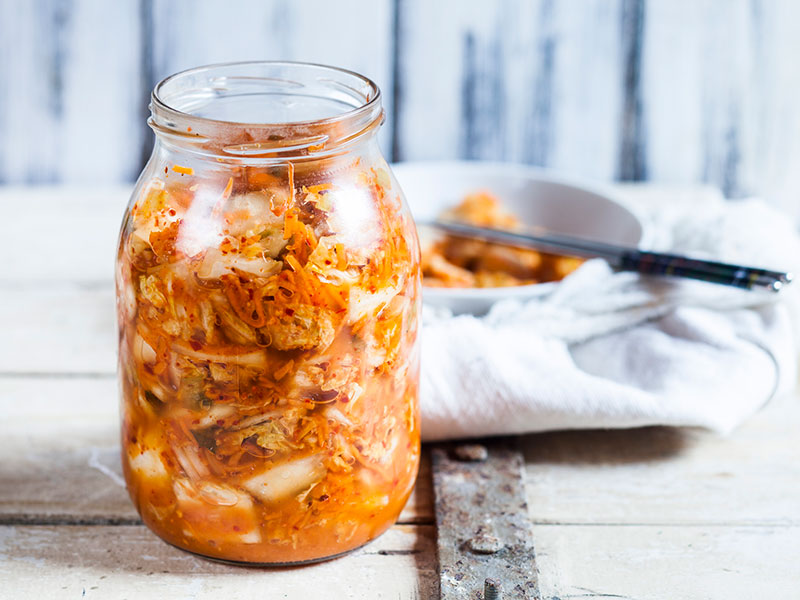
For overall health, Aschkenazi recommends a diet that includes prebiotic- and probiotic-rich foods and avoids foods that promote inflammation. "Sugar is bad; it's the poison of the 21st century," she says. "Animal proteins are inflammatory. If you reduce inflammation, you'll age in a better way. My advice is to reduce sugar, reduce processed food, and reduce animal products."
Probiotics can go a long way to maintaining a healthy microbiome in women over 50. If you have colitis, recurring bladder infections, yeast infections, or diabetes, or if you take an antibiotic, talk to your doctor about adding a probiotic supplement to your daily routine. Focusing on nutrition and adding probiotic-rich foods to a regular healthy diet will promote the health of your gut microbiome, which will contribute to staying healthy at any age.
Editor-Recommended Probiotic Foods and Supplements
While you should consult your doctor before taking any of these, below are some of our favorites.
Next: 11 Foods That Will Get Your Gut Health Back on Track
This article was originally published at an earlier date and has since been updated.
This article is provided for informational purposes only and is not intended to be used in the place of advice of your physician or other medical professionals. You should always consult with your doctor or healthcare provider first with any health-related questions.
